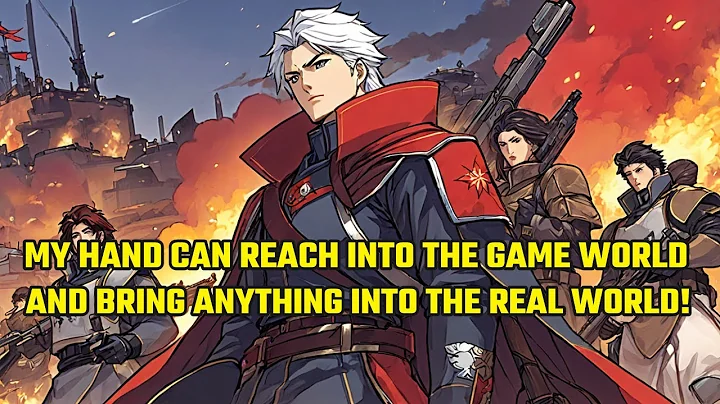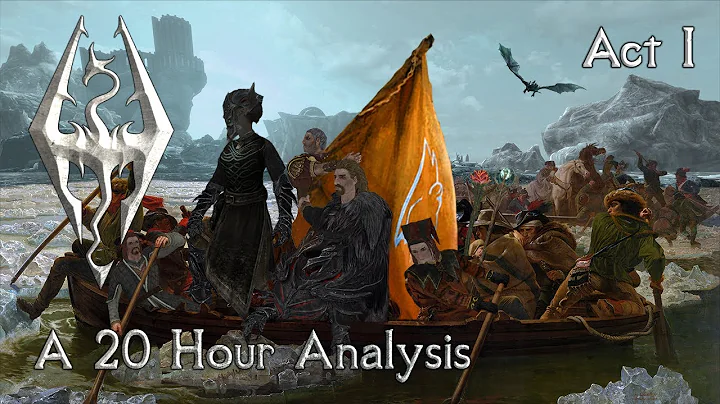
From the perspective of anthropology genetic inheritance, there is an absolutely correct choice for people in a certain social status. It is simply emphasizing that one of the 360 professions will be number one, without analyzing the probability of number one, nor analyzing the social status of the vast majority of people who are not number one in that profession, nor is it based on the social reality in which they live. is not objective.
Because we are always troubled by this question: If all things are the same, why should I do this? Because it suits me? But what does it mean to be suitable? Suitability is just a feeling: no stranger. It comes from the knowledge that has been instilled in us unconsciously since childhood, and it helps us break down the knowledge barriers to entering that industry.
For example, my family asked me to learn piano when I was young. When I grew up, I found that I was suitable for music. I love it, I fit in because I'm not afraid, because I've done it.
The interesting thing is that this "cultivated fit" may or may not be the right choice, and this depends on the cognition of the person who trained us. In other words, there is no conflict between "the appropriate thing" and the "right thing". It is just that this overlap depends either on the unconscious cultivation of family members in childhood or on the continuous conscious self-understanding in adulthood.
below, we will only consider the situation where the two are not the same thing.
But does everyone need to do the right thing? The so-called correctness is just to exchange for better social value. Once you understand this and think about the price you will pay in the future, you can actually do anything.
However, many people enjoy it now and say that I can bear it in the future. When the time comes to bear it in the future, they start to regret and complain about this and that. Instead, they need others to help them bear the cost. This is stupid and also damn.
is not just such a thing. In all things, whether a person has enough knowledge to foresee the maximum price he may bear in the future, and then make a choice more calmly on this basis. However, we are destined to have some social relationships from the moment we are born. We are not absolute individuals. We have no way to ensure that this price will only be borne by ourselves. This is another reality.
Why do people suffer? The root of pain lies in torsion, in the presence of multiple perspectives on the same thing within.
People who know that they are doing the right thing will not suffer. In the same way, people who do the right thing will not suffer. This kind of pain does not refer to all pain, but refers to the relationship between self-awareness and society. There will be pain due to differences in cognition.
Who will cause pain? People who want to do the right thing, but succumb to inertia and do what is right. People who want to do the right thing but are unable to do the right thing but cannot convince themselves with peace of mind. And those who have not thought clearly about what they are doing and what their choices are, and are constantly being squeezed by the various opinions in society.
In short, there are people who have torsion, people who have a relationship with this society without self-consistent internal logic.
There is never any need to do the right thing. But I often ask myself a question: If I liked drinking, I would drink until I was 30 and die, but I would be very happy and I would have no regrets when I died. My family was devastated because they wanted me to live longer and they felt happiness didn't necessarily come from alcohol. You can say that after the age of 30, there are still many experiences that you have not experienced, and losing them is a wrong choice. This is reasonable. But you can also say that you should indulge in your current emotions every day without any regrets. And if you expand it to a larger scale, from the perspective that everyone will die, this question is meaningless. What is right about ? What is wrong? I don't have an answer.

















![[MULTI SUB]后宫动画【只是偷看了王爷洗澡,就要被赐婚】偷看王爷洗澡却不小心掉进了池子里,简直是社死现场!#沙雕 #小说 #爽文 #沙雕轻漫 - DayDayNews](https://i.ytimg.com/vi/8rJsxHEbm2Q/hq720.jpg?sqp=-oaymwEcCNAFEJQDSFXyq4qpAw4IARUAAIhCGAFwAcABBg==&rs=AOn4CLA_F-UoK5RAQLH-EBmqMJDvwm6oBA)



